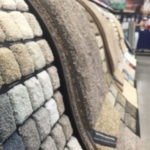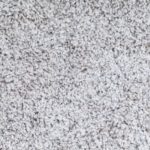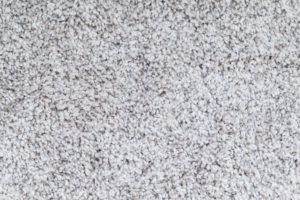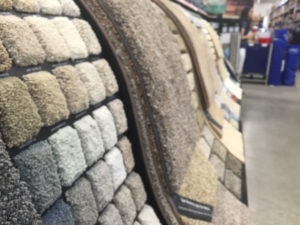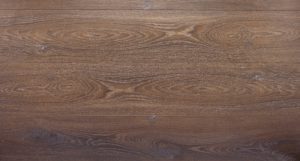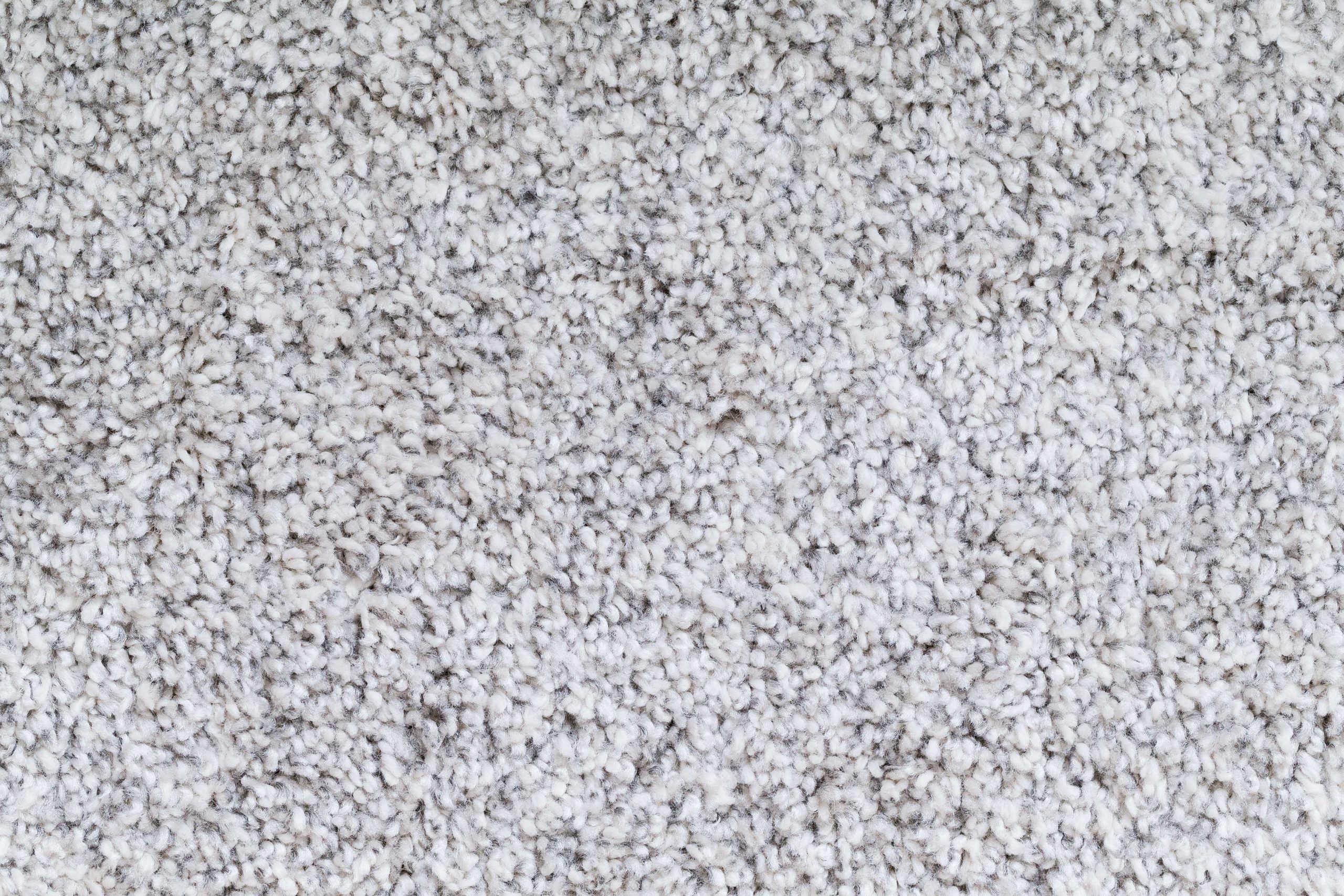
With proper maintenance, the advantages of hardwood floors vs. carpet are abundant and pay off for a lifetime.
Hardwood floors or carpeting? Both types of flooring materials have distinct advantages and disadvantages. While different living and working environments certainly call for different materials, some features of carpeting and hardwoods are consistent across environments.
Carpeting
Quiet and Comfortable
One of carpeting’s essential attributes is its soft, insulating, buffering nature. It naturally absorbs sound. It also maintains heat, which can be quite essential in colder environments. It is also comfortable for people regularly on their feet for extended periods, and it proves priceless in the case of slips, trips and dropped items.
The Good Old 70’s Shag
The bad news is that it’s difficult to catch carpeting at its ideal “peak.” Carpeting always goes out of style, so you may be forced to replace it several times as trends go in and out, and the look and feel of a living environment changes.
New Carpet Smell = Chemical Cartel
New carpeting can be a health hazard. Modern manufacturing uses synthetic materials – what you smell in a newly carpeted room, or carpet shop – which can be hazardous. New carpets will leak for years, and new carpet installation also often uses chemicals which emit fumes. These too, may not be healthy, and may cause sinus or breathing problems for people exposed to them for extensive periods of time. Natural, more eco-friendly carpets do exist, but they drive costs up significantly.
Modern technology has also made it possible to instill some permanence in carpeting, in the form of anti-fade color fastness, near-perfect stain protection, and even fireproofing.
High Maintenance
On the other end of the spectrum, carpet imminently deteriorates, and the more traffic it sees, the worse the effect. Many carpets can look ragged in as little as five years.
Most carpets have loops that can be pulled loose, and because of its woven nature, once a carpet begins unraveling it quickly gets worse, rather than better. It is very difficult to repair carpet. Replacing it completely is often necessary.
Extensive Cleaning, Minimal Results
Carpets require regular intensive cleaning – daily, weekly, monthly and yearly, with extensive, expensive aids, chemicals and equipment. The bad news is that they tend to be a one-way street. Given enough time and traffic, they will always matt and become increasingly difficult to care for.
Even with regular care, particles of all sorts – dirt, dust, grime, grit and the like – sift and sink through the weave and pad and settle near the floor. Dampness from accidents, traffic and even carpet shampooing can actually increase the dampness, rot and growth of mildew and more. Anyone who has ever removed old carpeting can share countless related horror stories.
Allergy Nightmare
In fact, for individuals who suffer allergies, carpets are a living nightmare. They’re a constant source of irritating dander, dust, fluff, fur, mildew, mold and pollen. Dust mites, especially, love carpet.
Hardwood
Safe and Clean
As mentioned above, hardwood doesn’t hide harmful particulate matter, making for a healthier, safer living environment, especially for allergy sufferers.
Generally, hardwood floors cost more than carpeted floors, but they also require less maintenance, last longer and can be “repaired” (instead of replaced).
Especially in older homes, hardwood floors can be draftier and colder. But a well-selected area rug typically remedies this problem.
Low Maintenance
Comparatively, hardwood floors require minimal maintenance – in terms of both effort and equipment. Consider, simply, the difference in price between a mop and vacuum. Hardwood floors are also much more resistant to spills and stains.
Hardwood floors do get scraped, scratched, scuffed, dented and damaged – especially in high traffic areas. However, wood flooring can most often simply be sanded, smoothed and refinished. It is rarely necessary to replace a wood floor.
Sustainable
Since wood is a naturally occurring resource, which can even be reforested, hardwood floors may also be a quality ecological choice. Faster growing types of wood flooring materials – such as bamboo (which is actually grass) make this an even more plausible reality.
Unsurpassed Beauty and Value
Perhaps the number one reason to consider a hardwood floor is for aesthetic reasons.
Hardwood is one of the oldest flooring materials there is, and it never goes out of style. Because of the large variety of trees and wood types, a world of colors, consistencies, designs, grains and patterns are available.
Whereas many new homeowners will remove carpeting upon purchasing a house, viewing it as an additional expense, hardwood floors definitely increase the value of a house.
So, while hardwood floors may cost more initially, with proper maintenance, they can be a sound investment that pay off for a lifetime.
ref: information shared by:
https://us.bona.com/news/2011/05/carpet-vs-hardwood.html


